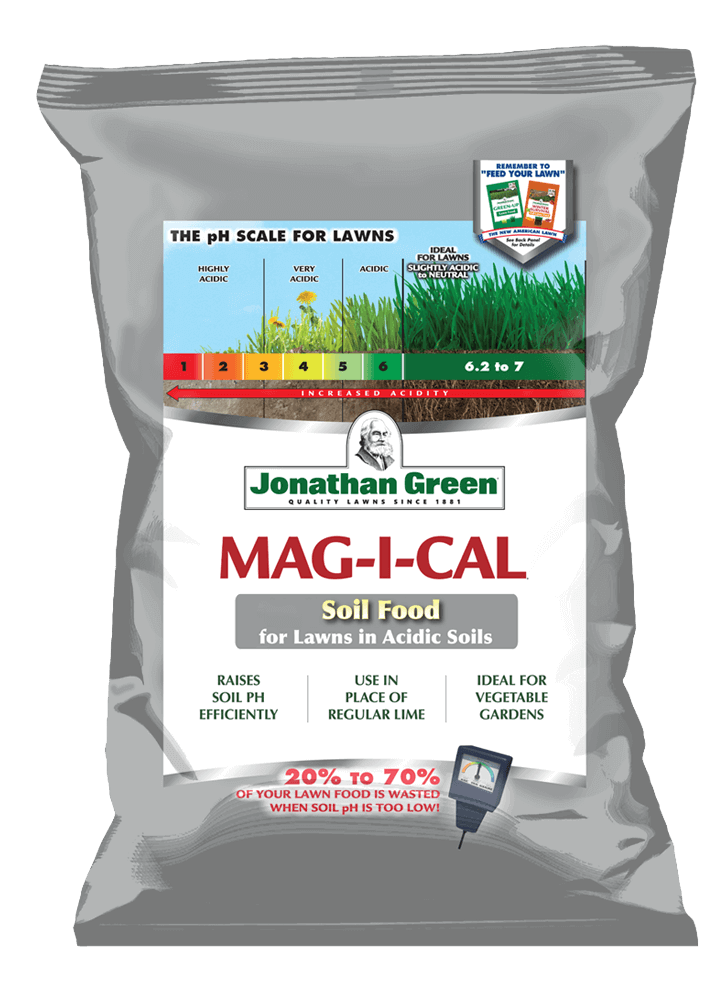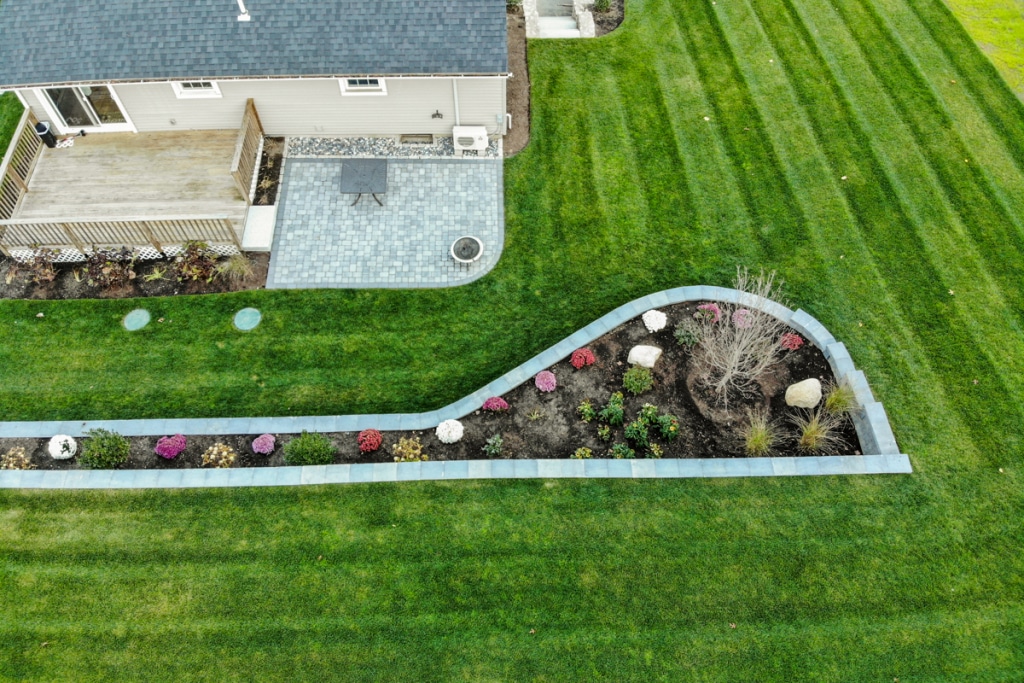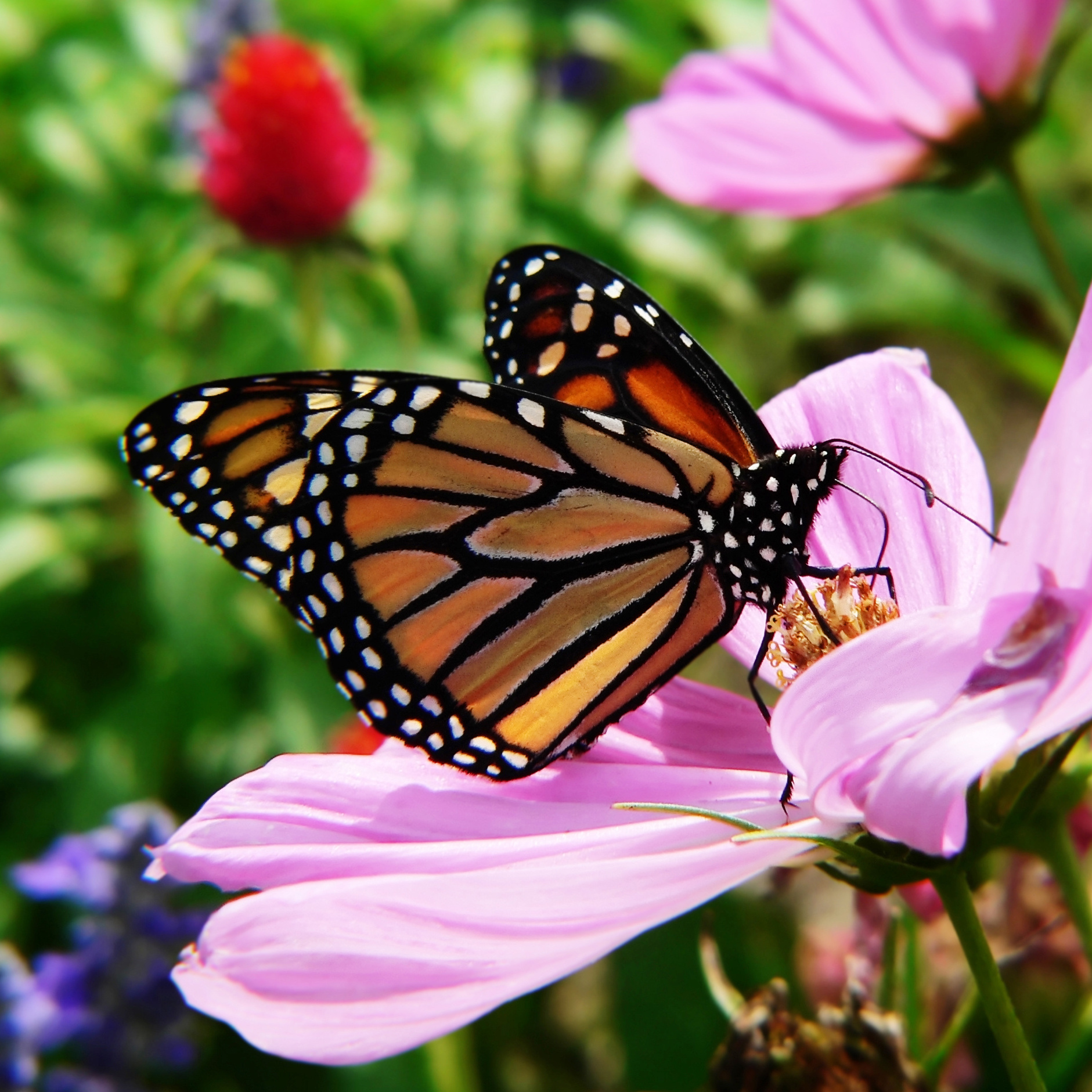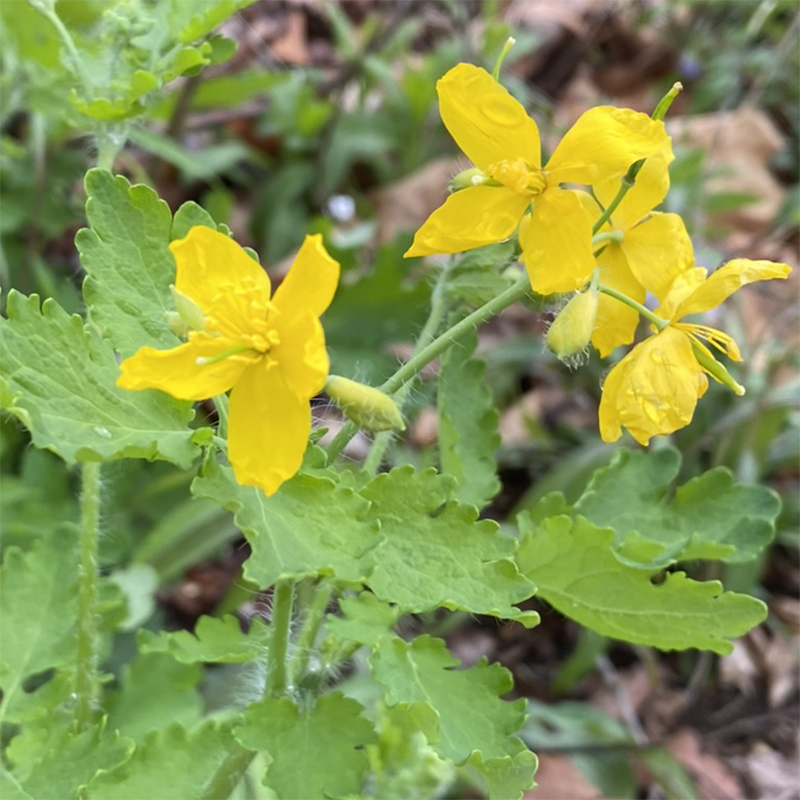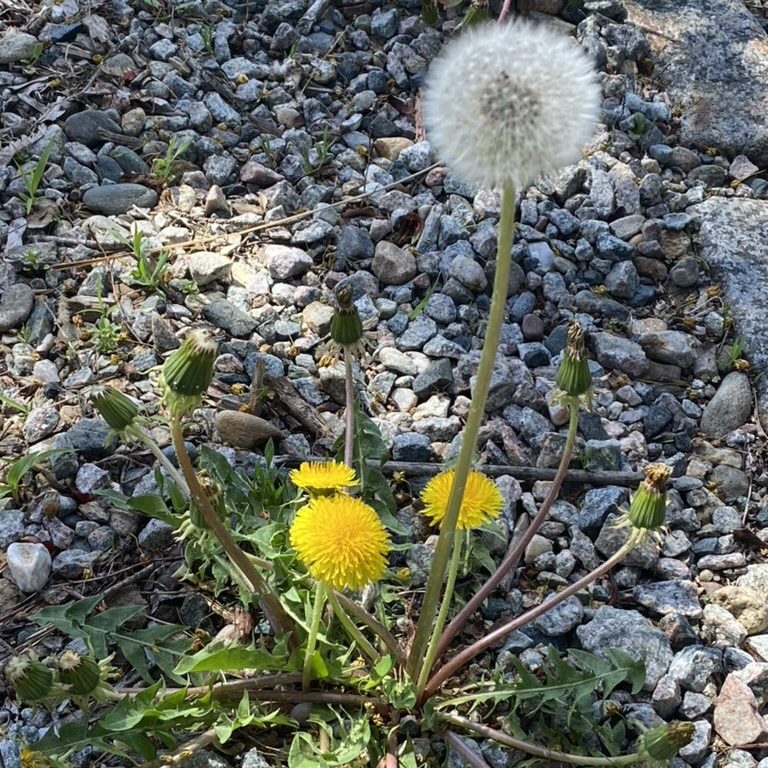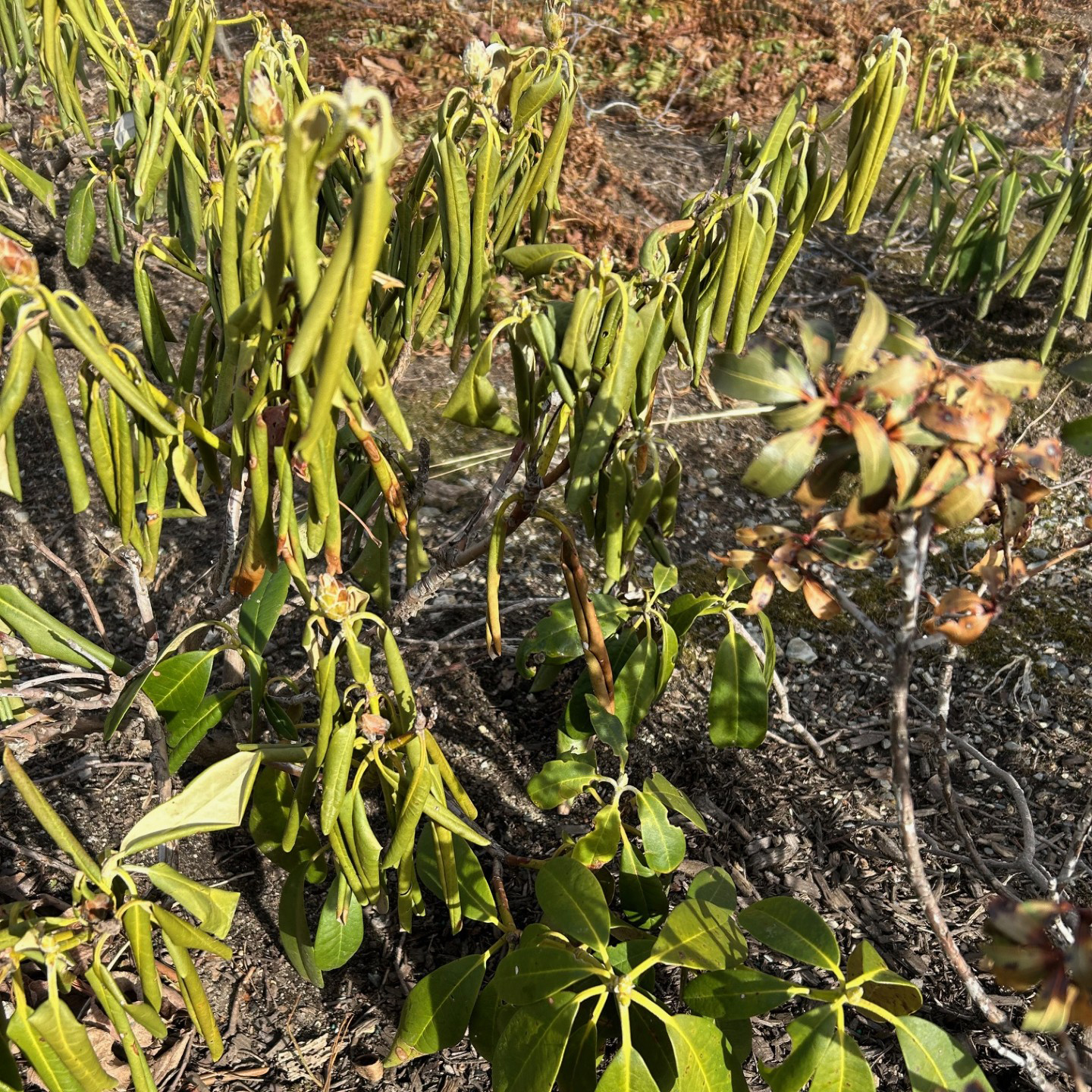
It’s Lime Time
…. no, we don’t mean fruity limes. We’re talking about lime for your lawn!
Lime is a valuable soil amendment that helps plants and lawns flourish by raising soil pH. A low soil pH, or acidic soil, is often the underlying problem when it comes to many common lawn and garden problems. But even with a healthy lawn or garden, liming can improve soil quality, helping plants and grass to flourish. With all the rain this season, which could be acidic, your plants need it.
Liming, or adding lime to soil, has many benefits. Because liming improves the quality of the soil, plants and grass can reap all the benefits of a healthy soil environment. At a neutral pH, existing soil nutrients are unlocked, and readily available for plant uptake. Neutral soil pH allows microbes and worms to prosper, organic matter to break down, and soil to truly become the living environment it desires to be. In addition, fertilizer is more effective at a neutral pH. When acidic soil is corrected, plants and lawns are greener, stronger, use less water, and are more able to resist diseases.
Lime is also an important source of calcium for plants. Just as humans need calcium for healthy teeth and bones, plants need calcium for healthy growth.
We recommend Jonathan Green Mag-I-Cal® for Lawns. Jonathan Green’s Mag-I-Cal® for Lawns in Acidic Soil contains calcium carbonate in a completely soluble form that is immediately available to adjust soil pH upwards. Poor soil is often the problem in growing a great lawn and calcium is vital to many grass plant functions. One bag of Mag-I-Cal® has the pH adjusting power of up to 15 bags of limestone.
Lawns thrive in soil with pH levels between 6.2 and 7.0. When the pH level of the soil is below this range grass becomes light green, weeds persist, and fertilizer nutrients are not fully absorbed. Mag-I-Cal® Plus also contains humates to stimulate soil microbial life. When soil chemistry and biology are balanced, nutrients from lawn foods are not wasted and the grass will thrive.
